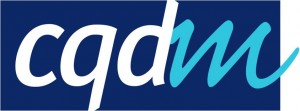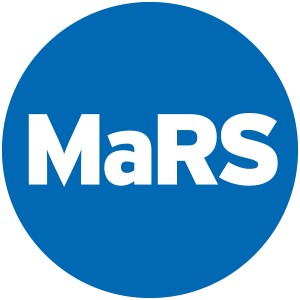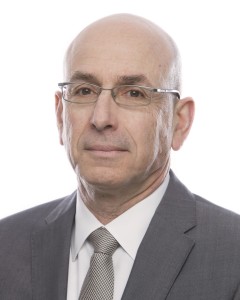ApneaDX Inc: A Medical Device to Accurately Diagnose Sleep Apnea at Home
 MaRS Innovation and the University Health Network‘s Toronto Rehabilitation Institute have collaborated to bring a new technology to market that accurately diagnoses sleep apnea at the patient’s home.
MaRS Innovation and the University Health Network‘s Toronto Rehabilitation Institute have collaborated to bring a new technology to market that accurately diagnoses sleep apnea at the patient’s home.
Sleep apnea is a medical disorder that is gaining increasing recognition as a major health issue. It is estimated that six to eight per cent of the world’s population suffer from the disease, but 85 per cent are undiagnosed.
Undiagnosed sleep apnea is estimated to cause $3.4 billion in additional medical costs in the US.





